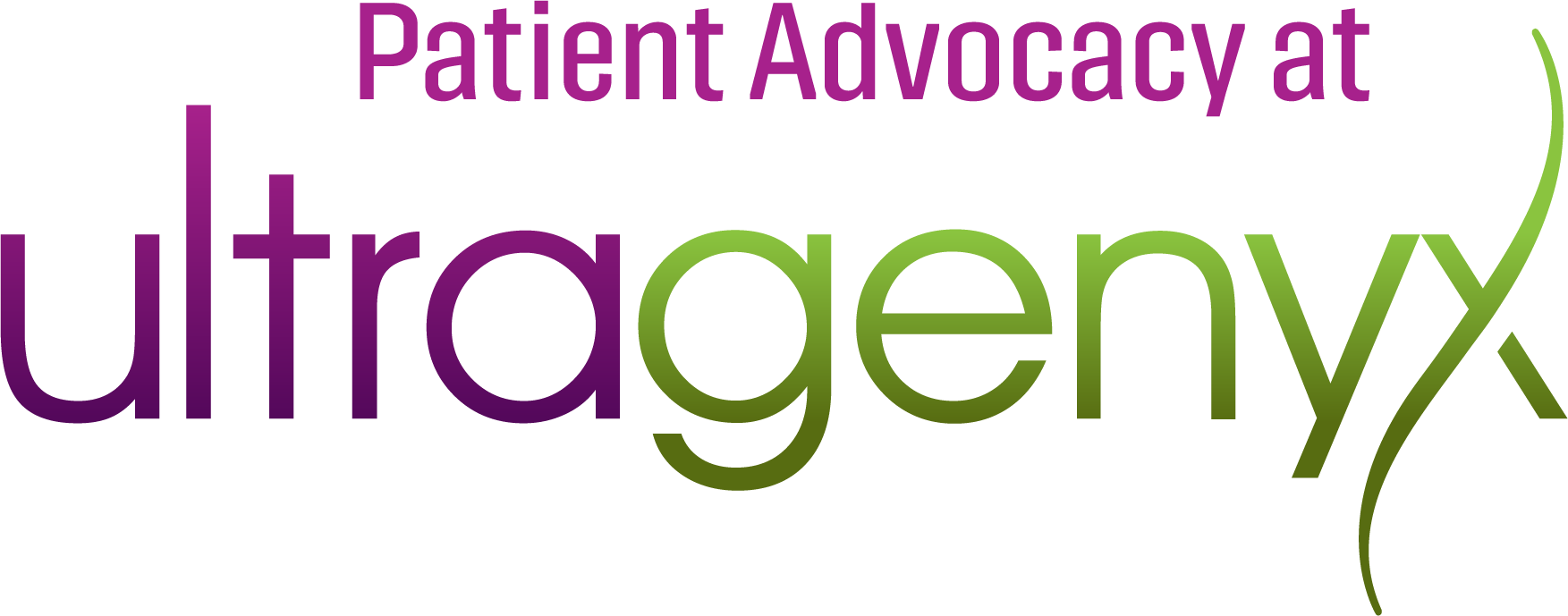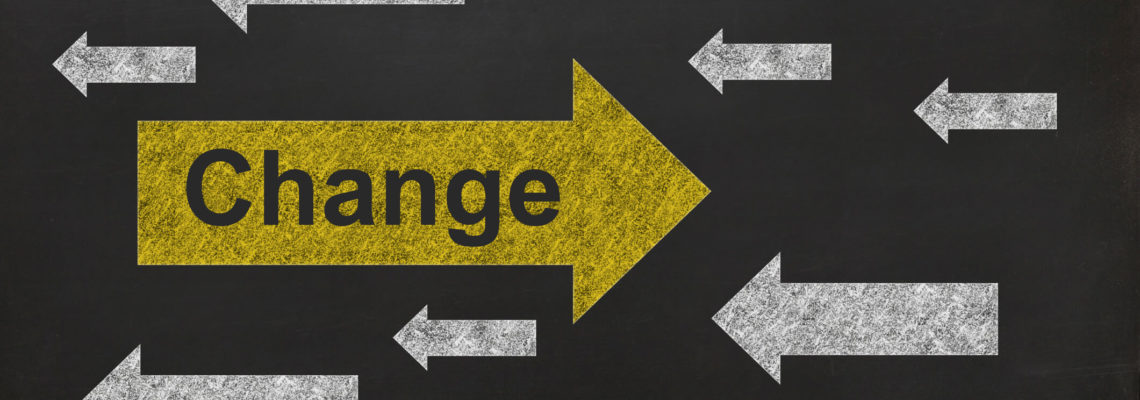Everyone goes through transitions, or changes, at certain times in their life. During these times your day-to-day routine, priorities, responsibilities, or disease management requirements may change. For someone living with a rare or chronic condition, one of the biggest changes is moving from pediatric to adult care. This can be a difficult process because:
- Patients and families often develop close relationships with pediatric doctors
- It can be hard to say goodbye to someone who has cared for a family or child for many years, helped them through difficult experiences, or cheered them on
- It’s hard to find doctors who have experience with rare diseases and who are willing and able to care for new patients
- It can take time to build trust and develop a relationship with a new doctor once you find one
Preparing far in advance for this situation through gradual steps and conversations will help make sure everyone is ready when it’s time.
The Child Neurology Foundation has developed many resources including a Transition into Adulthood website and 8 Common Principles to Assist with the Transition of Care, which can help navigate these challenges and leave young members of the rare community informed and ready to take charge.
“Moving from pediatric to adult care in the health care system can be a complex process and planning should start in early teen years,” said Amy Brin, Executive Director of the Child Neurology Foundation. “A few key things to think about are insurance coverage changes, handling decision-making and guardianship, and choosing an adult physician.”
In addition to medical transitions, other milestones to prepare for can include:
- Becoming a teenager/young adult
- Moving out of the house and becoming independent
- Getting married and/or starting a family
- Entering the workforce, changing jobs, or leaving the workforce
- Going to college
Check out the XLH Transitions Toolkit, which provides information and resources to help young adults with XLH (and other rare conditions) and their parents/caregivers prepare to transition to adult healthcare. It will also spark some thoughts about other parts of adulthood with a rare condition – from dating to managing mental health.
“Children may look forward to greater independence, but also be anxious about navigating daily life by themselves. The Global Genes toolkit, Gaining Independence as a Young Adult with a Rare Disease, can be a useful resource for those learning to navigate adulthood with a rare disease,” said Nicole Boice, Founder of Global Genes.
Don’t forget to also ask your patient advocacy organization if they have disease-specific resources available. Remember, the process is different for everyone, but it’s best to start early!

